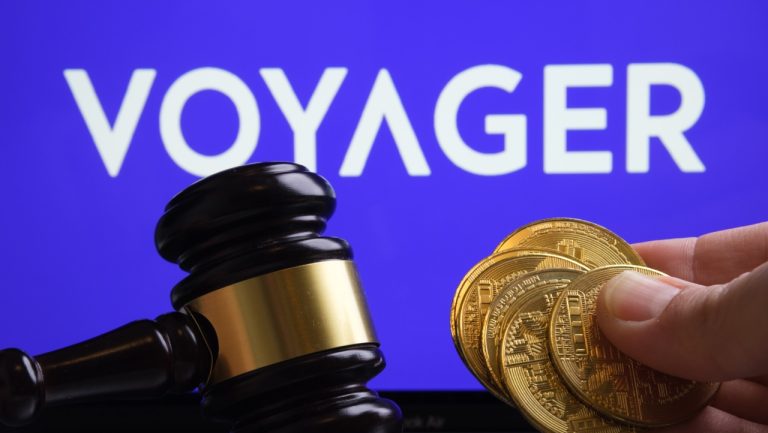
The U.S. Commodity Futures Trading Commission (CFTC) charged the former CEO of bankrupt cryptocurrency lender Voyager Digital with fraud. The regulator accused Stephen Ehrlich and the company of luring investors with promises of high-yield returns while breaking derivatives rules. Ehrlich was also sued by the Federal Trade Commission (FTC).
U.S. Commodities Regulator Takes Legal Action Against Former Chief Executive of Voyager
The CFTC filed a lawsuit against co-founder and ex-CEO of Voyager Digital, Stephen Ehrlich. The complaint submitted to the U.S. District Court for the Southern District of New York charges him with fraud and registration failures in connection with Voyager and the operation of an unregistered commodity pool, the Commission announced.
The U.S. regulator also alleged that Ehrlich and the company falsely touted Voyager as a “safe haven” offering an opportunity to earn high-yield returns, of up 12%, in order to lure customers to purchase and store digital assets on the platform. Commenting on the Commission’s legal action, CFTC Director of Enforcement Ian McGinley stated:
Ehrlich and Voyager lied to Voyager customers. While representing they would treat customers’ digital asset commodities safely and responsibly, behind the scenes, they took shockingly reckless risks with their customers’ assets, leading to Voyager’s bankruptcy and huge customer losses.
Ehrlich and Voyager pooled and transferred billions of dollars’ worth of customers’ digital assets as “loans” to high-risk third parties, the CFTC explained and gave an example from early 2022 when they transferred over $650 million in customer funds to a digital assets hedge fund identified as “Firm A” without proper due diligence.
Voyager filed for bankruptcy in early July 2022, amid volatile crypto markets and after the collapse of the Three Arrows Capital (3AC) hedge fund. The latter had defaulted on a $650 million loan from the crypto lender. Voyager’s crash resulted in U.S. customer losses of $1.7 billion.
“When their business began to collapse, they continued lying to their customers, concealing Voyager’s true financial health. Amplifying their fraud, Ehrlich and Voyager broke their trust with customers while acting in capacities that required CFTC registration, which they failed to obtain,” McGinley added.
The Federal Trade Commission, the U.S. antitrust and consumer protection agency, also sued Ehrlich on Thursday for falsely claiming that customers could rely on Federal Deposit Insurance protection for their assets. He and Voyager were charged with violating the FTC Act and the Gramm-Leach-Bliley Act.
In a statement quoted by Bloomberg, Ehrlich said he was “outraged and deeply dismayed” by the allegations from the two regulatory bodies and that he was being used as a “scapegoat,” blaming others in the industry for the losses suffered by Voyager’s customers and creditors.
What are your thoughts on the legal actions taken by the CFTC and the FTC against Voyager and its former CEO Stephen Ehrlich? Tell us in the comments section below.